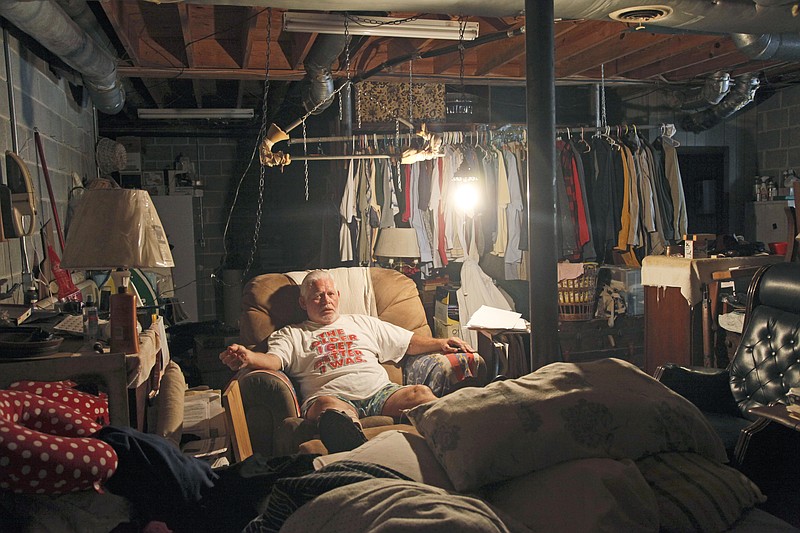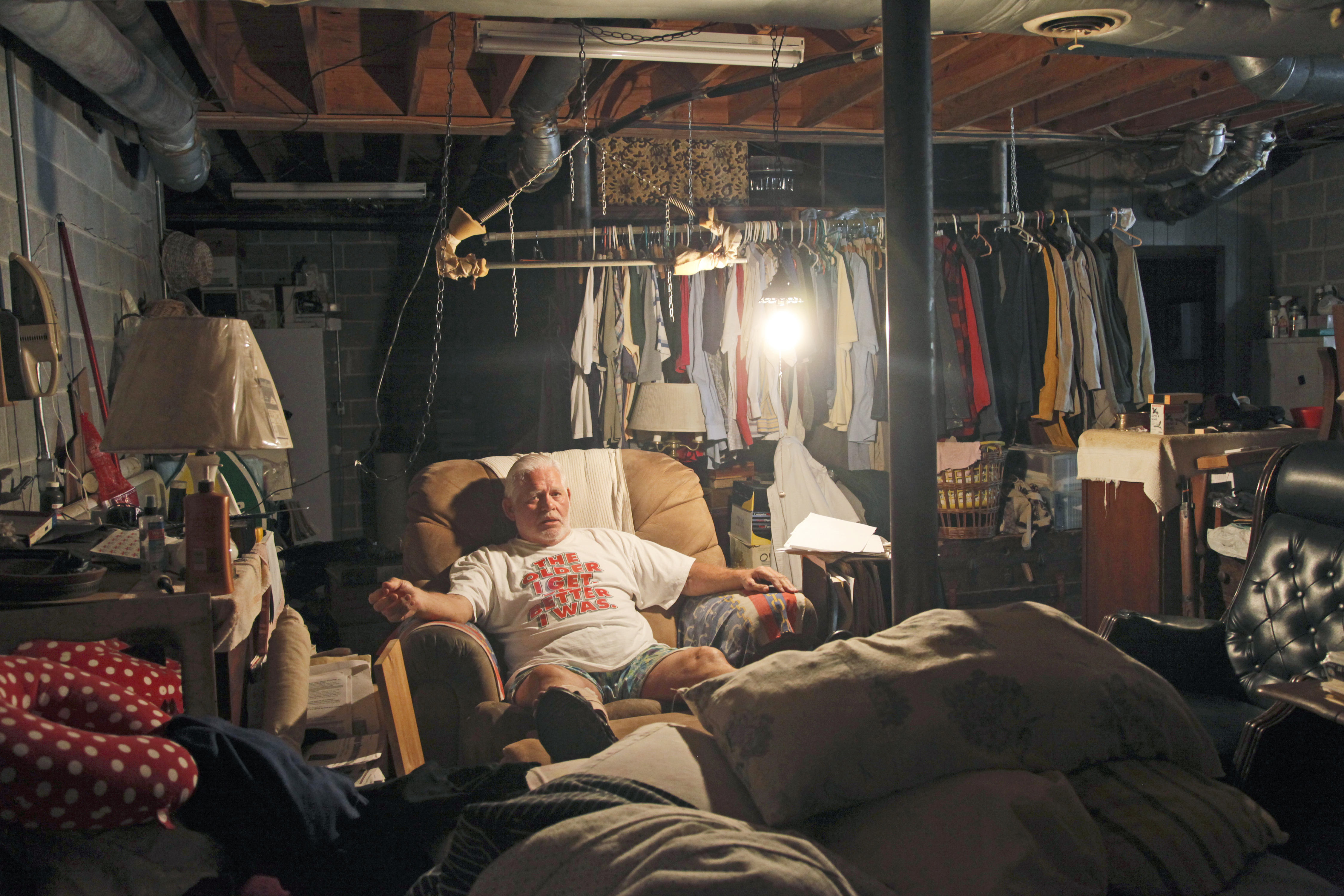Insurance executives from around the country met in the nation's capital last week to discuss what they called a "public-private partnership" between insurers and government, following the release of a report showing that life and disability insurers saved taxpayers up to $4.5 billion per year.
Tom Watjen, president and CEO of Chattanooga-based Unum, said he hoped the report will spark a "meaningful conversation," as legislators a few blocks away struggled to cope with the country's mounting debt.
"In fact, 70 percent of households today, if the breadwinner were to lose their ability to work because of a disability, they wouldn't be able to meet their expense of running a household," Watjen told a CNBC audience.
Watjen acknowledged that the insurance industry needs to do a better job telling consumers about buying disability insurance.
"We need to do a better job of education as an industry," he said. "The more the private sector can provide solutions for individuals to protect themselves at a relatively low cost, that can have a very positive effect on things like Social Security and other issues that are being debated right now."
The odds of someone being disabled during his or her productive years is far greater than the chance of someone's house being damaged by fire or someone losing his life or suffering a major auto accident. Yet far more Americans have life and accident insurance than disability insurance, insurers say.
U.S. Sen. Bob Corker, R-Tenn., and Sen. Kay Hagan, D-N.C., expressed their support last week for the industry's goals and taxpayer savings, which were outlined in a report by Charles River and Associates.
That report included an economic analysis of life and disability insurance and its effects, and found that only one-third of workers were even offered long-term disability insurance.
Most workers don't save enough money on their own to cover their families in case of disability or a life-threatening situation, throwing those families on the mercy of taxpayer handouts instead, the report said.
Terry Harmon, a disabled carpenter living in Bradley County, said that even people who qualify for federal disability insurance aren't guaranteed help.
"They gave me one check, then they stopped it," he said. "They say I didn't pay in enough from the 10 years prior to my filing."
Now he stays in a friend's basement after taking early retirement. The former high school football player now lives in pain, sleeping with a pillow under his legs which has now caused problems with his circulation.
Welfare Wait
The government has a safety net for people like Harmon, but it's full of holes, the report said.
Workers' compensation is typically the first line of defense for the uninsured, but only workers who are injured while working are eligible. The National Safety Council found in 2008 that nine out of 10 disabilities are not caused by work-related injuries, and so are not covered.
The second line of defense is Social Security Disability Insurance, but applicants must prove that they are disabled such that they can't work for at least the next year, the report said.
With such a high bar for acceptance, Charles River Associates found that about 70 percent of first-time applicants are denied. David Tulis 7/28/11 70 percent? There are four layers of appeal, but that takes longer than 880 days, according to the Social Security Administration.
For those who are accepted, the first payment takes an average of two years to arrive in the mailbox, during which time savings may evaporate.
Private insurance, on the other hand, can start much more quickly through a combination of short- and long-term disability coverage, leaving savings untouched.
Saving Little
The insurance report found that fewer than 30 percent of Americans save money each month for the future, and most consume more than 100 percent of their paycheck each month through credit cards and debt.
For those who don't save, nine in 10 disabling injuries aren't covered by workers' comp, leaving individuals to fend for themselves. That can include income from a family member, private insurance or as a last resort, the government.
"These [insurance] benefits provide a financial safety net in the event of misfortune, helping the government avoid billions of dollars in public assistance payments as a direct consequence of the insurance," said David Babbel, emeritus professor at The Wharton School and an author of the report.
As lawmakers frantically try to cut back on entitlement programs, Watjen sought to present the insurance as a viable alternative to government welfare.
"While many employers do offer private disability insurance to their employees, a full two-thirds of working Americans don't have access to this type of safety net," he said.
Corker recalled how a 55-year-old construction superintendent at his former Bencor Corp. in Chattanooga became disabled but was covered by his company's disability insurance. Corker said that insurance policy "allowed him and his family to continue to live in a very dignified way."
But Corker said too many employers and workers aren't buying insurance for disabilities or accidents and they aren't setting aside enough for retirement.
"Their future security is not going to be what they thought unless they start planning for that at a very young age."
Insurers like Unum want to get their message out through organizations like the U.S. Small Business Administration to employers who don't traditionally offer group disability packages to their employees. That's the first step.
Long term, the goal for the government partnership is to "eliminate the demand for these other [government] programs that are relatively costly," said Scott Maker, senior vice president at Unum for government affairs.
"It is encouraging people to take responsibility themselves," Maker said.
Insurance officials plan to participate in Senate hearings this fall to tell lawmakers their side of the story.
"We're not asking for additional tax incentives, because we know times are tough," Maker said. "What we do think is that government can create awareness among the employee population. A lot of bad things can happen when you don't have a paycheck."

